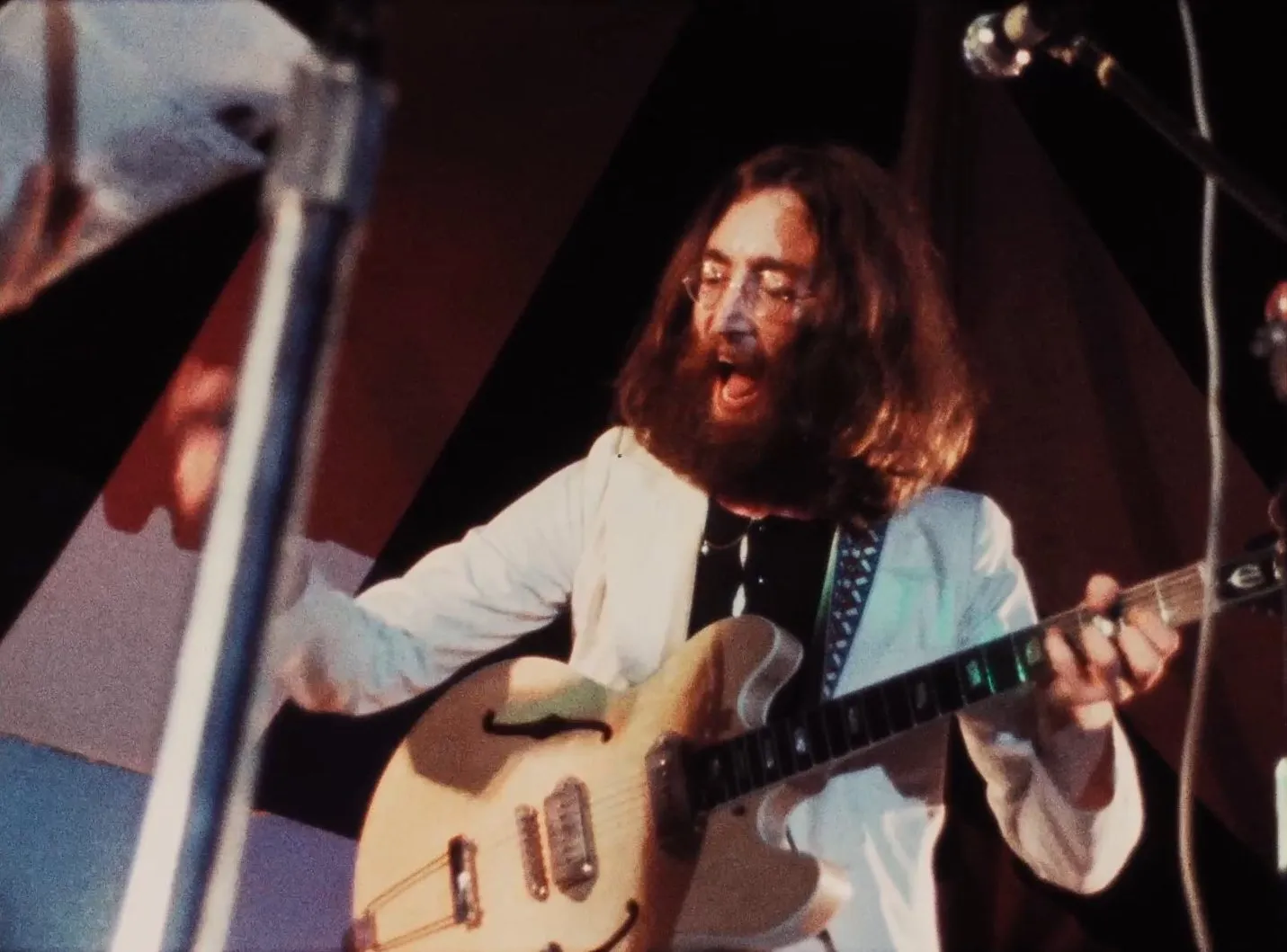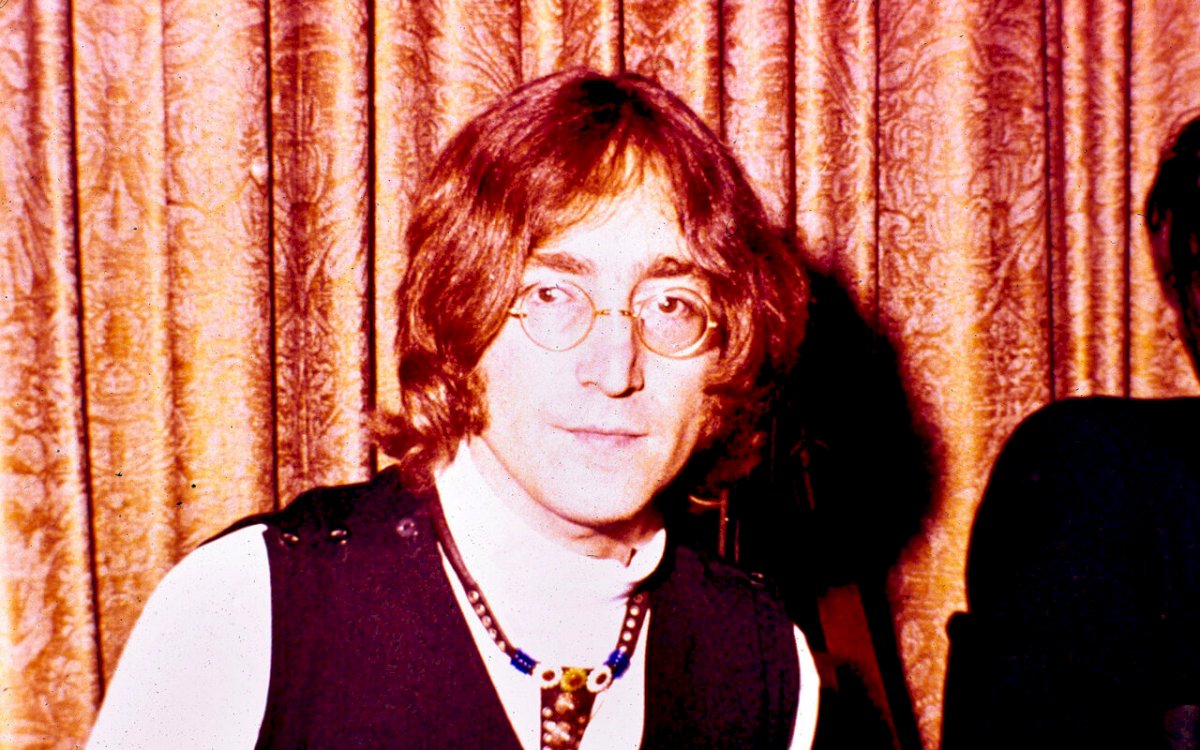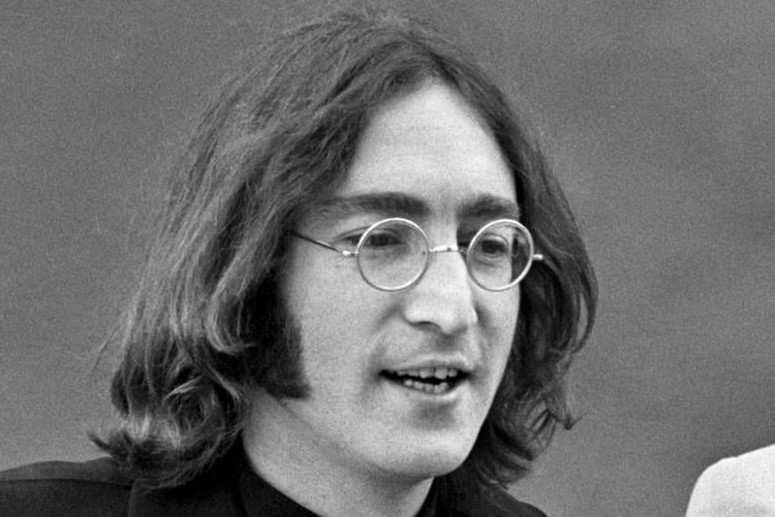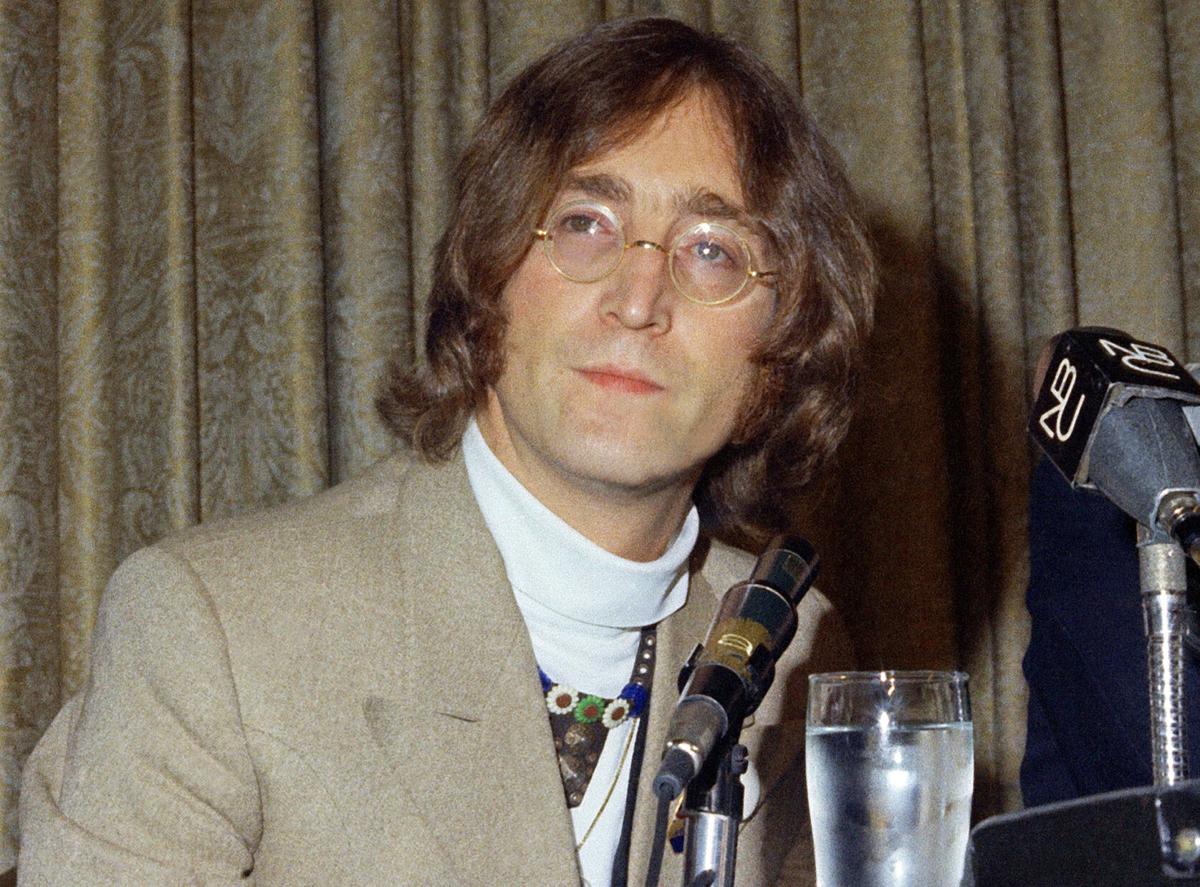About The Song
"John Sinclair" is a politically charged and socially conscious song written by John Lennon in 1971. The song was released as a single and later included on the "Some Time in New York City" album, which Lennon recorded in collaboration with his wife Yoko Ono and the Plastic Ono Band. The lyrics of "John Sinclair" are a direct response to the imprisonment of activist and poet John Sinclair and serve as a protest against what Lennon perceived as an unjust legal system.
The song's narrative revolves around the arrest and imprisonment of John Sinclair, a prominent figure in the counterculture and a member of the White Panther Party. Sinclair was sentenced to ten years in prison for the possession of two marijuana cigarettes, an unusually harsh sentence that drew widespread criticism. Lennon, who had been an outspoken advocate for peace and social justice, seized the opportunity to use his platform to bring attention to Sinclair's case and to denounce what he saw as a miscarriage of justice.

Musically, "John Sinclair" is a bluesy, rock and roll number, featuring Lennon's signature raspy vocals and a lively arrangement. The song's energetic and rebellious spirit mirrors the activist ethos of the time, as well as Lennon's commitment to using his art as a tool for social and political change. The use of horns and a driving rhythm section adds to the urgency and intensity of the song, creating a musical backdrop that complements the fervent message of the lyrics.
The lyrics of "John Sinclair" function as a call to action and a critique of the establishment. Lennon explicitly mentions Sinclair's imprisonment, singing about the injustice of his sentence and calling for his immediate release. The chorus, with its repeated refrain of "It ain't fair, John Sinclair," becomes a rallying cry for those who shared Lennon's sentiments about the legal system and the need for reform. The song serves as a snapshot of a specific moment in history when activism and music intersected, highlighting the power of art to address societal issues.
The release of "John Sinclair" was accompanied by a protest event in Ann Arbor, Michigan, where Lennon and Ono performed in support of Sinclair's cause. The rally and the song's subsequent impact brought attention to the broader issues of political repression and the need for criminal justice reform. While the song may not be as well-known as some of Lennon's other works, its significance lies in its role as a protest anthem and a testament to the artist's commitment to using his influence for social change.
In summary, "John Sinclair" stands as a powerful example of John Lennon's role as a socially conscious artist. The song addresses a specific injustice, using music as a vehicle to amplify a message of protest and solidarity. Its place in the broader context of the early 1970s reflects a time when musicians were actively engaged in advocating for social and political change, and Lennon's "John Sinclair" remains a testament to the enduring impact of music as a force for activism and awareness.
Video
Lyrics
Let’s sing along with the lyrics!
It ain't fair, John Sinclair
In the stir of breathing air
Won't you care for John Sinclair?
In the stair of breathing air.
Let him be, set him free
Let him be like you and me.
They give him ten for two
What else can the judges do?
Gotta, gotta.....gotta, set him free.
If he had been a soldier man
Shooting gooks in Vietnam
If he was the CIA
Selling dope and making hay
He'd be free, they'd let him be
Breatthing air, like you and me
They gave me ten for two
What more can the judges do?
Gotta, gotta....gottta set him freee.
Was he jailed for what he done?
Representing everyone
Free john now, if we can
From the clutches oof the man
Let him free, lift the lid
Bring him to his wife and kids.
They gave me ten for two
What more can the bastards do?
Gotta, gotta...gotta set him free...



